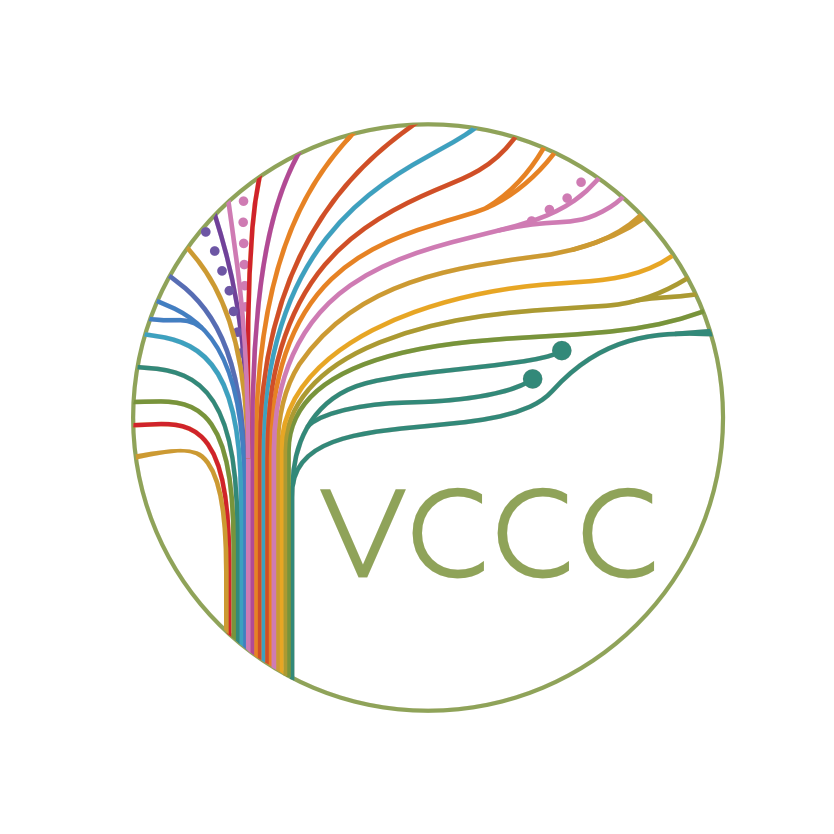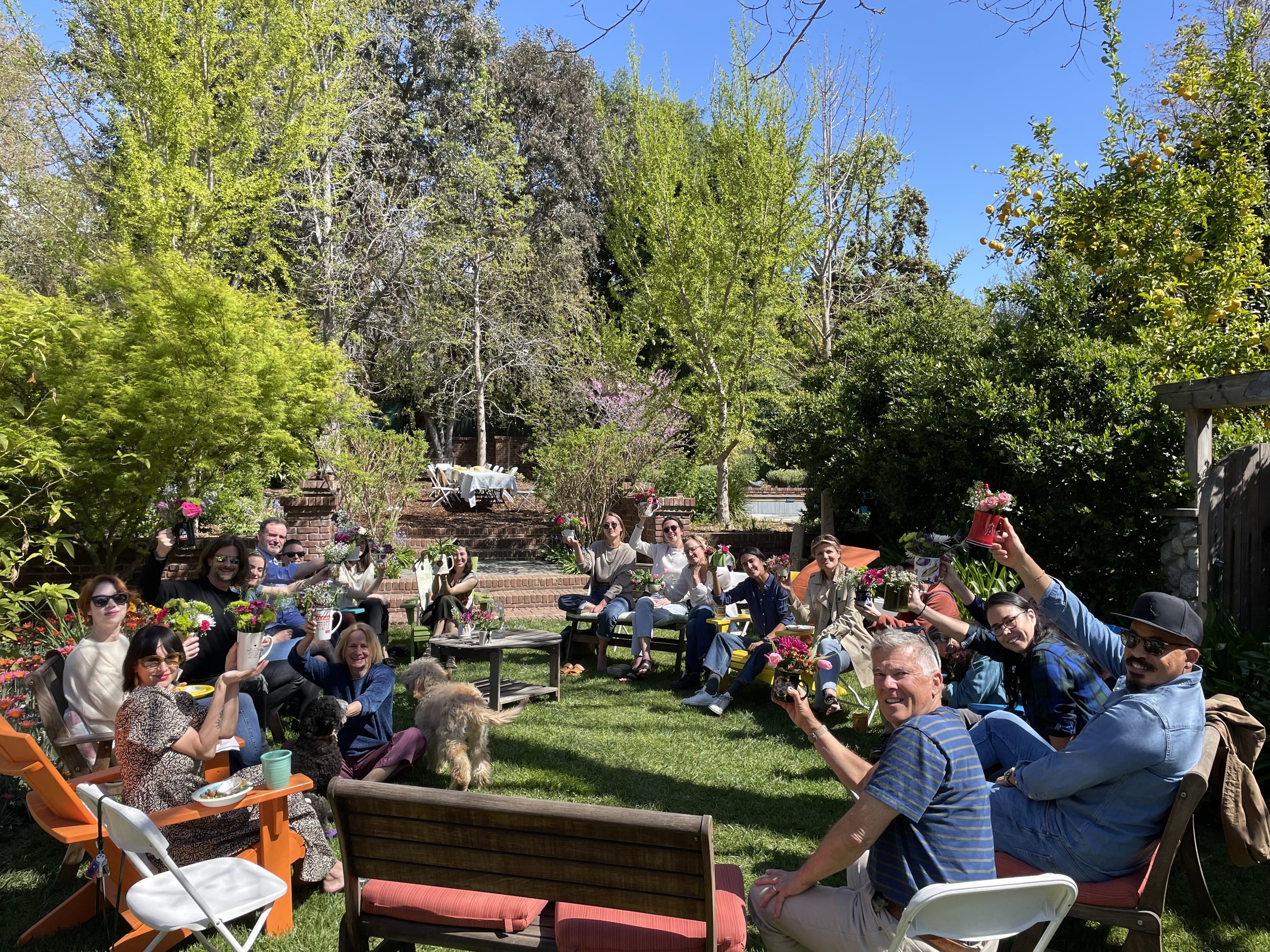Training at VCCC
Please note: We only start cohorts in March and September.
-we are no longer accepting apps for september 2025.
-We Will begin reviewing applications for our March 2026 cohort starting May 1, 2025.
Training is open to students currently enrolled in Masters programs, Doctoral Practicum students and graduates of Masters programs in counseling or psychology to fulfill the requirements for licensure. As CAPIC is shutting down, we can unfortunately no longer accept Doctoral level Interns into our training program.
We are highly regarded in the Los Angeles community for offering rigorous training in psychoanalytic psychotherapy that provides a strong foundation for professional growth. We believe that this theoretical modality offers the best chance for growth in the therapeutic relationship. Over 300 alumni have begun their mental health careers at our clinic. Our application can be found here.
Training program
The training begins with a two day orientation (two Wednesdays in either March or September) which introduces students to a variety of topics, some theoretical, and some practical, about the workings of the clinic. On the second orientation day you are assigned a few cases. Each week thereafter a few more cases are assigned until you have reached your caseload. 10 clinical hours are required, more are possible if desired. Students are encouraged to see a patient multiple times a week and are required to see part of their caseload in person at our clinic in North Hollywood. Clinical experience working with individuals, couples, families, teens and children is offered as well as opportunities to conduct group therapy. On the second day of orientation students are assigned an individual supervisor and a group supervision.
The following week we start a 10 week New Intern Seminar which meets every Wednesday from 1-2 in which we delve into topics that are rich and foundational to the understanding of analytic type work. Students then attend Case Conference each Wednesday from 2:30-3:50 where we meet with the larger group of clinicians. Attendance to Case Conference is mandatory. Here we address clinic-wide questions and then explore a reading on the current psychoanalytic topic. Typically we stay with a topic or unit for a few weeks to even a few months. Guest speakers are often invited into case conference to share their particular expertise. Past presenters have ranged from local psychotherapists in private practice to internationally renowned psychoanalytic writers, such as Salman Akhtar, Christopher Bollas and Neville Symington.
We value a high degree of participation from readings and discussion.
There are three additional reading and process groups that are offered which are optional, but which the students who attend always value highly. The Culture and Psychoanalysis Lab is led by Dr. Bissell, VCCC’s assistant director, on the intersection of psychoanalysis and culture, which began in response to the Black Lives Matter movement. She also offers a Queer Affirming supervision group. A Child Consultation group is lead by Dr. Joshua Durban.
We value a sense of community as we learn together, and plan a variety of opportunities to strengthen this and feel the support and engagement of each other. Examples of this include potlucks, psychoanalytic jeopardy, film night discussions, a holiday book exchange and volunteering in the community together.
Whereas a one year commitment is required, many interns choose to stay until licensure.
A PSYCHOANALYTIC orientation
VCCC’s orientation is psychoanalytic. Our goal in training clinicians is to lay the foundation necessary to become competent in practicing from this model.
Thus, our focus is on grasping and applying elements such as an understanding of the transference, countertransference, the frame, unconscious phantasy, symbolic thinking, dreams, etc. While developing clinical understandings from this theoretical model is pursued, various other theories and models (e.g. family systems, Jungian, etc.) which may have relevance to the particular case are also brought in depending on the unique variables and needs of the patient.
supervision
Supervision is the prime learning arena in our training program. Supervision is typically one hour of individual and two hours of group supervision weekly.
Here, we hope to bring many concepts inherent in a psychoanalytic approach to life. Our individual and group supervisors come to the task of supervision with a wealth of understanding and experience to help the developing clinician grow in clinical competence and expertise. We have established ties with three psychoanalytic institutes in the Los Angeles area, and benefit from the generosity of many psychoanalysts who volunteer their time to provide supervision. Group supervisors will apply relevant theoretical concepts, help in the process of formulating interpretation and intervention as they may apply to the case material.





